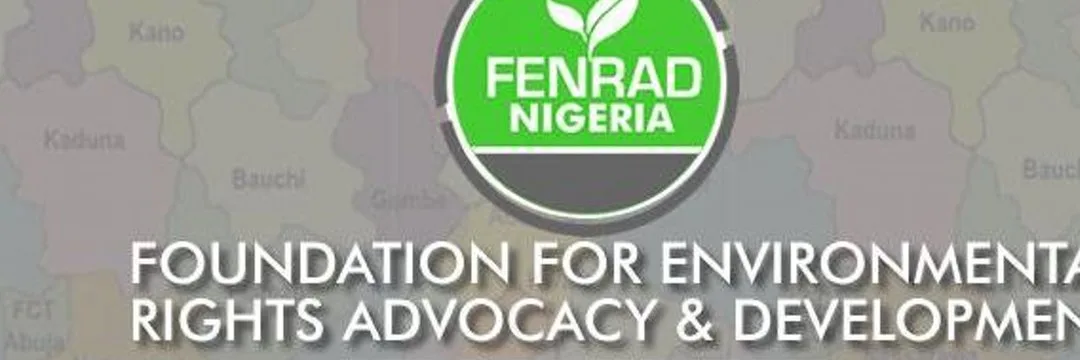The Foundation for Environmental Rights, Advocacy, and Development (FENRAD), a prominent civil rights organization, has raised concerns over the recently presented 2025 budget of Abia State. Governor Alex Otti’s proposed ₦750 billion budget, described as the “Budget of Sustained Momentum,” has sparked debates on its feasibility and assumptions.
FENRAD questioned the budget’s transparency, particularly its reliance on borrowing to finance a 51% deficit, amounting to ₦364.1 billion. In a statement released by its Executive Director, Comrade Nelson Nnanna Nwafor, the group argued that the budget lacks clarity, especially regarding the implementation and performance of the 2024 budget, which it should logically build upon.
The organization noted that the governor failed to disclose key data on the execution of the 2024 budget, leaving questions about the state’s fiscal health unanswered. FENRAD expressed concern over the government’s claim that it had not borrowed in the past year despite evidence of external loans, including $125 million from the Islamic Development Bank and facilities from the African Development Bank. The group also pointed out inconsistencies between the state’s internally generated revenue (IGR), which averages less than ₦1.5 billion monthly, and its ability to finance a ₦523 billion budget for 2024 without borrowing.
FENRAD highlighted the ambitious 30% increase in the 2025 budget compared to 2024. However, the group argued that this increase is nominal, as the naira’s depreciation has significantly eroded its value. The proposed budget’s benchmark exchange rate of ₦1,400/$, compared to the actual parallel market rate of over ₦1,650/$, makes these projections seem unrealistic.
The group also scrutinized Governor Otti’s optimistic projection of a 213% increase in IGR, aiming for ₦100.6 billion annually. While acknowledging the possibility of achieving this target through improved revenue collection and plugging leakages, FENRAD warned against overburdening Abians with excessive taxes.
Statutory allocations from the federal government, projected to grow by 96%, also came under scrutiny. FENRAD called for more details on how this projection aligns with national economic realities, including inflation, unemployment, and foreign exchange challenges. Similarly, the assumption that Value Added Tax (VAT) revenue will increase by 35% raised questions, given the ongoing debate over VAT administration and derivation reforms at the national level.
Read also: Gov. Nwifuru declares disputed land in Ebonyi buffer zone
The budget’s allocation of 82% (₦611.7 billion) to capital projects and 18% (₦138.6 billion) to recurrent expenditure was seen as a potential positive. However, FENRAD emphasized the need for clear plans to ensure these targets are met without worsening the state’s fiscal deficit. The proposed construction of 184 reading rooms, libraries, and perimeter fences in schools also drew criticism. FENRAD argued that some schools may require more urgent infrastructure, such as classrooms, laboratories, or toilets, than fences.
On the borrowing plans, FENRAD expressed concern over the long-term sustainability of relying on both domestic and multilateral loans. The group urged the government to prioritize cutting deficits, increasing fiscal discipline, and adopting a more inclusive budgeting process.
FENRAD called on the Abia State House of Assembly to thoroughly review the budget proposal, conduct stringent oversight, and ensure quarterly reporting and auditing. The group advised the government to widen the tax net without increasing the burden on citizens and to focus on cutting unnecessary expenditures to safeguard the state’s financial stability.
Governor Otti had expressed optimism about a more stable economic environment in 2025, promising to manage controllable variables effectively. However, FENRAD urged caution, emphasizing the need for transparent and realistic fiscal planning to avoid pushing the state closer to a fiscal cliff.






